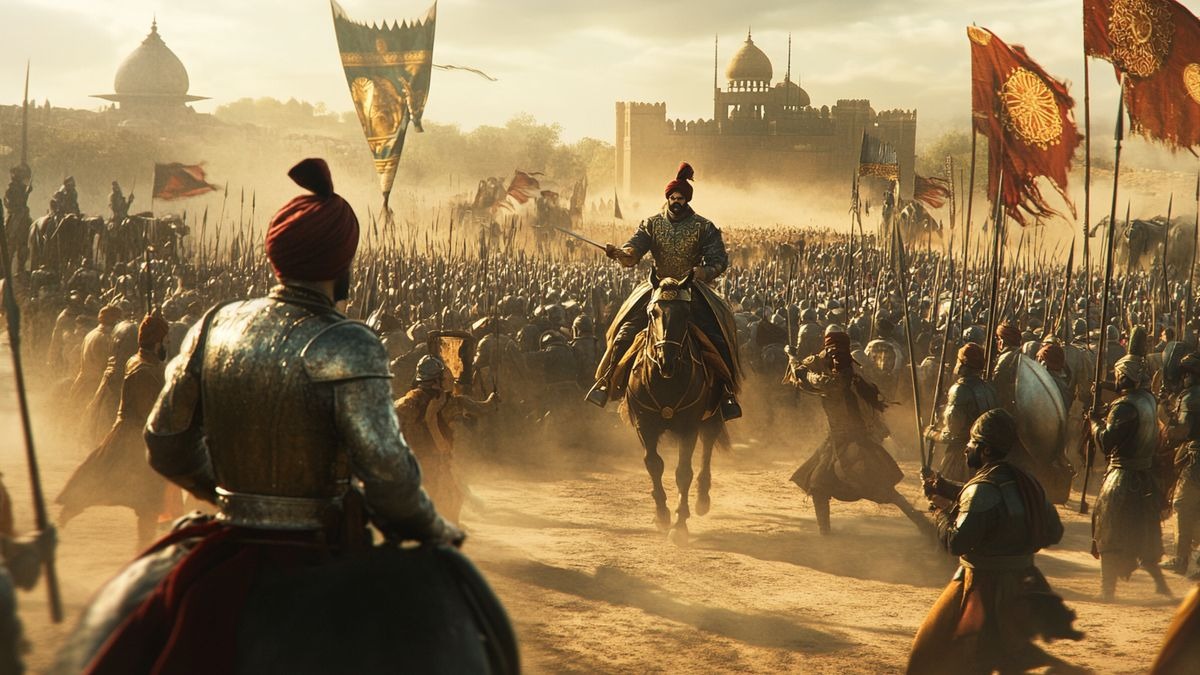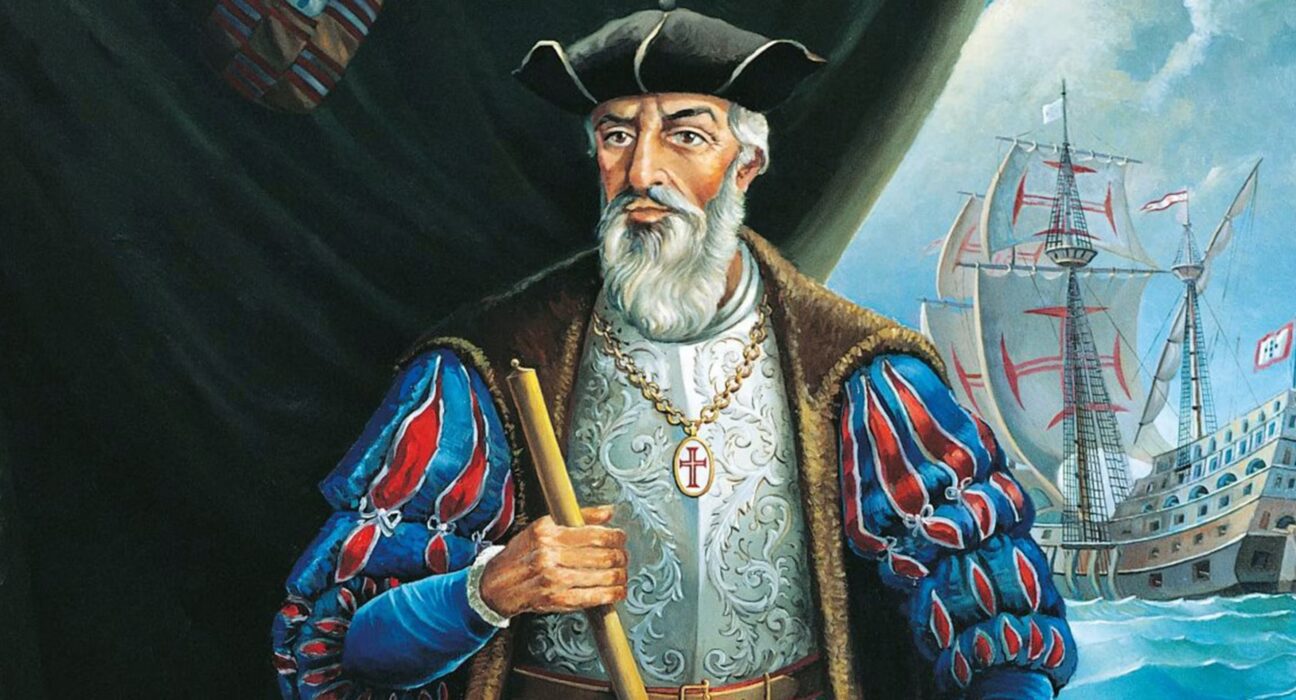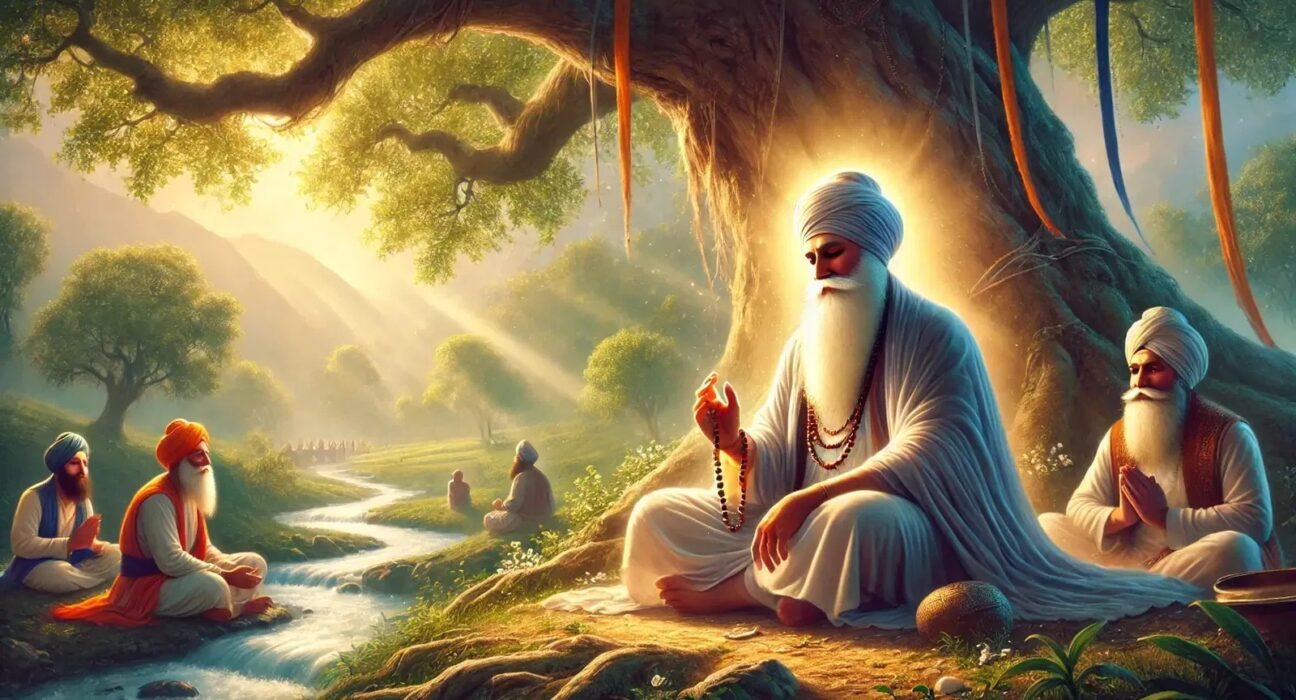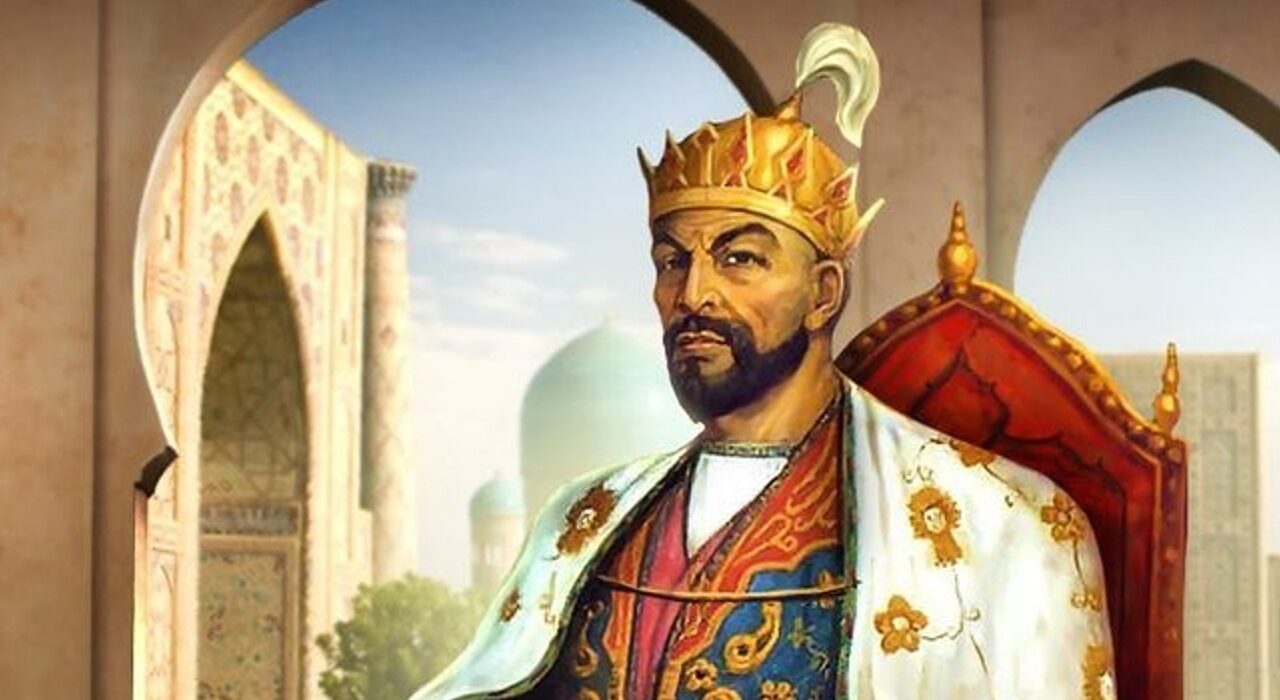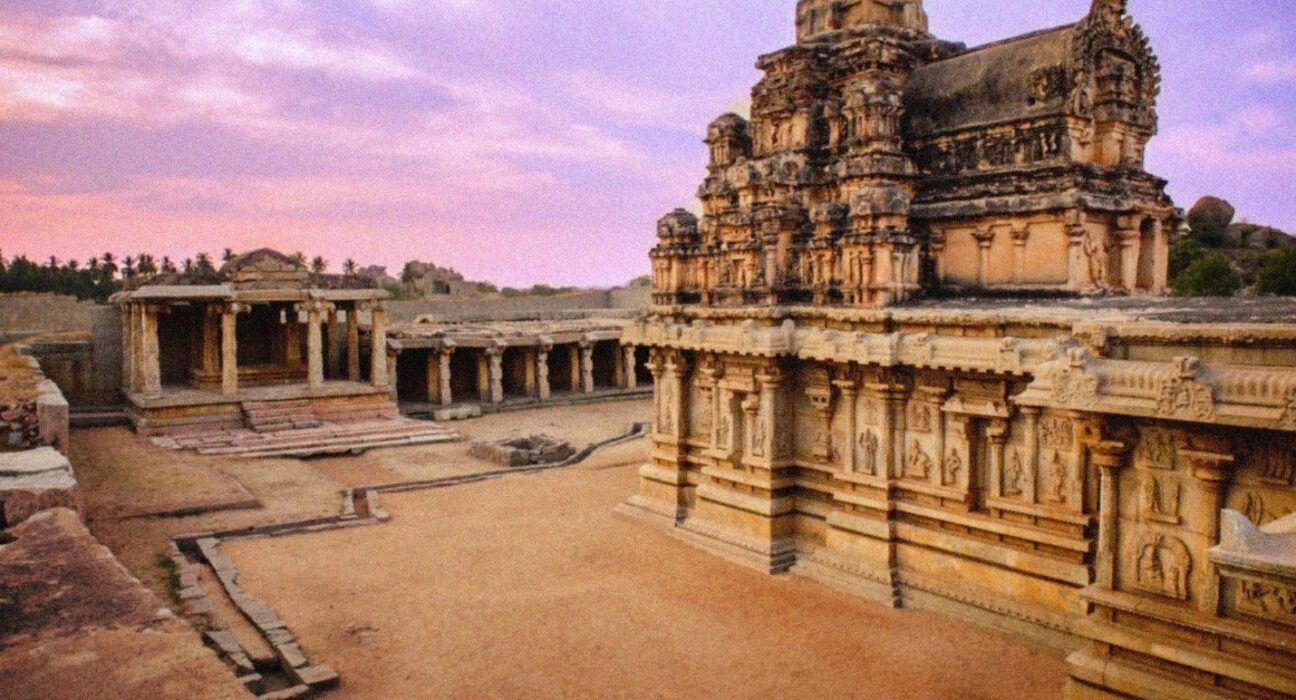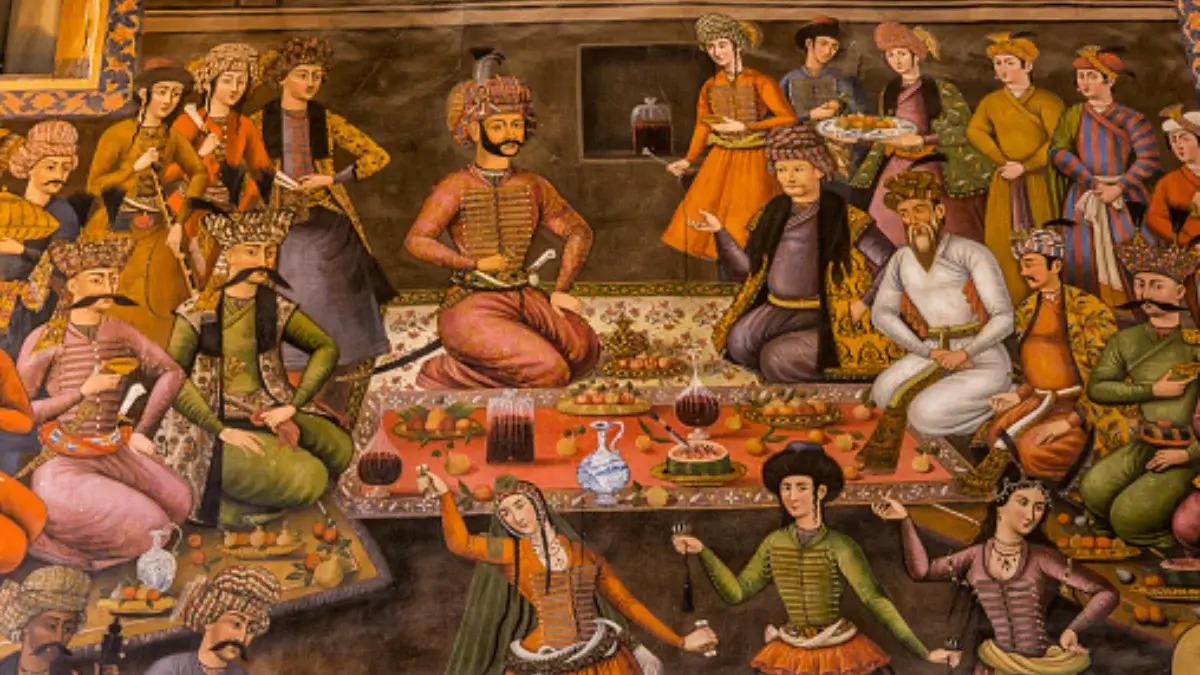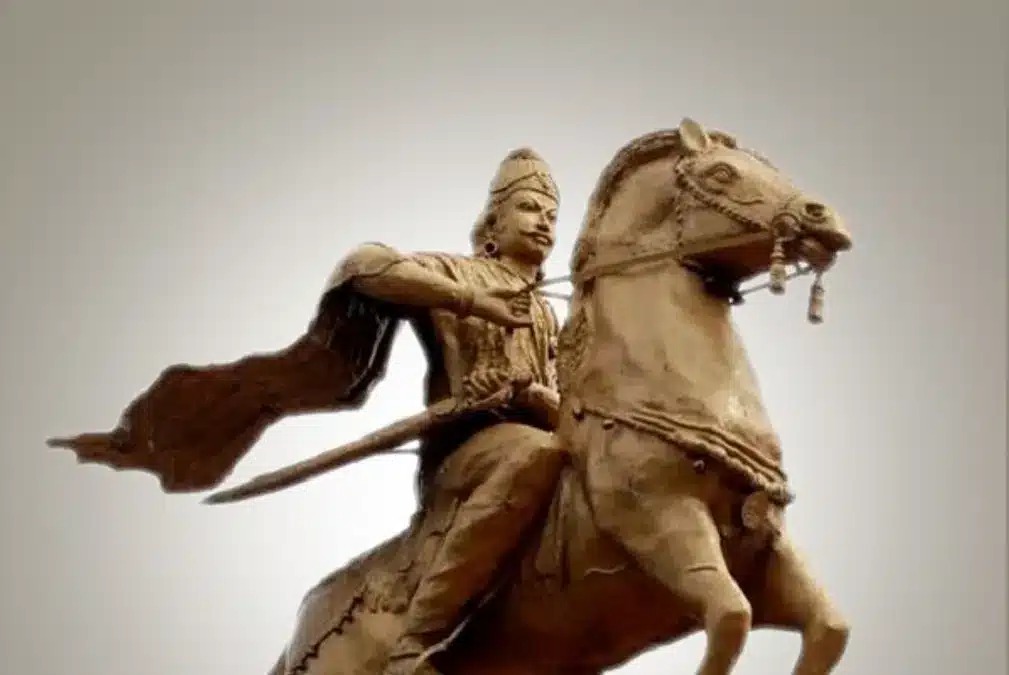पानीपत की पहली लड़ाई और मुगल साम्राज्य
The First Battle of Panipat, fought on 21 April 1526 near the small village of Panipat (in present-day Haryana), marks a watershed moment in Indian history. This decisive clash between Babur, the founder of the Mughal Empire, and Ibrahim Lodi, the last Sultan of the Delhi Sultanate, not only ended Afghan-Lodi rule in North India but also

